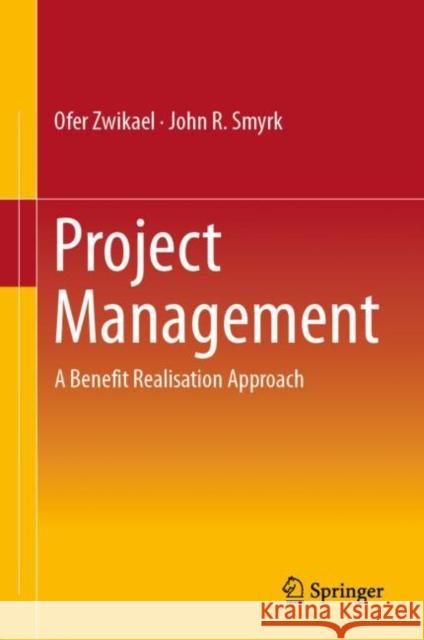Project Management: A Benefit Realisation Approach » książka
topmenu
Project Management: A Benefit Realisation Approach
ISBN-13: 9783030031732 / Angielski / Twarda / 2019 / 337 str.
Kategorie:
Kategorie BISAC:
Wydawca:
Springer
Język:
Angielski
ISBN-13:
9783030031732
Rok wydania:
2019
Wydanie:
2019
Ilość stron:
337
Waga:
0.68 kg
Wymiary:
23.39 x 15.6 x 2.06
Oprawa:
Twarda
Wolumenów:
01
Dodatkowe informacje:
Glosariusz/słownik
Wydanie ilustrowane
Wydanie ilustrowane











